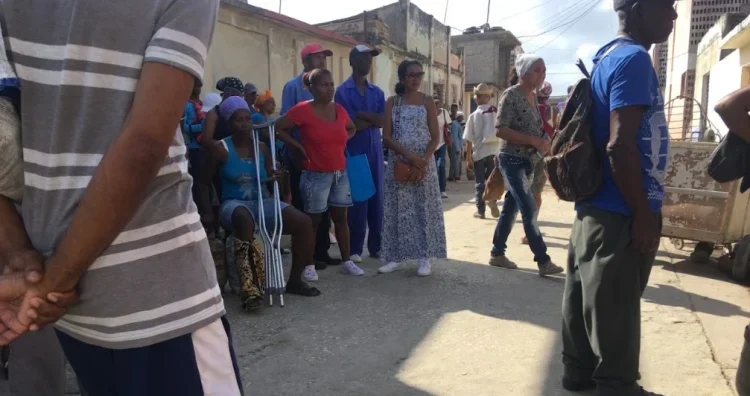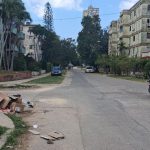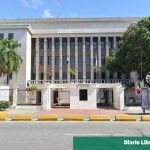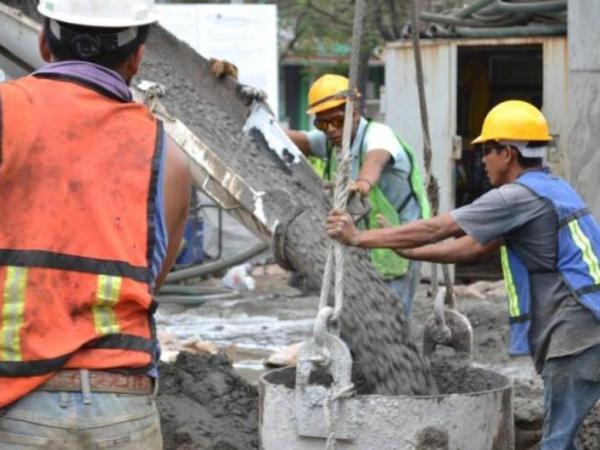MADRID, Spain.- The Cuban Observatory of Conflicts (OCC) presented this September 2nd its report for the month of August 2024, in which 691 protests and public complaints were reported throughout Cuba. This number reflects a significant increase in popular discontent, with an increase of 24.61% compared to the 521 protests recorded in July 2024 and 38.64% more than the 424 demonstrations recorded in August 2023. The crisis that the Island is going through, both economically and socially, continues to worsen, and citizen dissatisfaction has become increasingly evident in the streets and on social media.
The OCC documented protests in all 15 provinces of the country, with Havana being the most active with 154 incidents recorded. Other provinces with high levels of discontent were Santiago de Cuba (61), Villa Clara (35), and Holguín and Guantánamo, with 30 protests each.
The report highlights that an overwhelming 78.14% of the protests were related to economic and social rights, which shows the deep dissatisfaction with the government’s management in key areas such as health, public services, food security and housing. The government’s failure to Miguel Diaz-Canel to solve these problems beyond repression was a recurring theme in the demonstrations.
In particular, the health crisis was the most cited topic, with 115 related protests. The main concerns included the lack of medical equipment, medicines and basic supplies, the dependence on the black market to acquire these products, and the lack of well-trained doctors due to the lack of export of health professionals. In addition, medical negligence was reported in nine hospitals in the country and requests for humanitarian visas to receive treatment abroad were made.
The deterioration of public services was also a prominent cause of discontent, with 111 complaints registered. In Havana, the lack of drinking water led to marches and cacerolazos in neighborhoods such as San Francisco de Paula. In addition, blackouts continued to affect the population due to failures in obsolete thermoelectric plants, which worsened the energy situation in the country. In municipalities such as Centro Habana, the lack of drinking water led to protests and cacerolazos in neighborhoods such as San Francisco de Paula. accumulation of garbage The fact that the rubbish was left uncollected for weeks exposed the health crisis, with residents expressing their frustration at the deteriorating living conditions.
Another issue that sparked numerous protests was the lack of basic foodstuffs and rising inflation. With 107 protests recorded in this category, many Cubans denounced the shortage of essential products such as milk, rice and sugar. food situation The food crisis is not without criticism, with images of people rummaging through garbage to find something to eat and reports of cat meat being consumed as a desperate solution to the shortage. Mothers complained of a lack of milk for their children, and many elderly people and families were barely able to survive on frugal meals or even skipping meals.
The OCC report also highlights 100 protests related to the repression in prisons and in the streets. Incidents of violence against political prisoners, activists, opponents and other members of civil society continued to be a constant, demonstrating the use of force as a tool of control by the regime.
There were also 36 incidents of robbery, assault and fraud, highlighting the growing insecurity on the island.
The August 2024 report from the Cuban Observatory of Conflicts once again reflects a bleak picture of the situation in Cuba, where the economic and social crisis continues to deepen. The increase in the number of protests and public complaints reflects a growing discontent with government management, while repression and citizen insecurity are part of daily life on the Island.
















